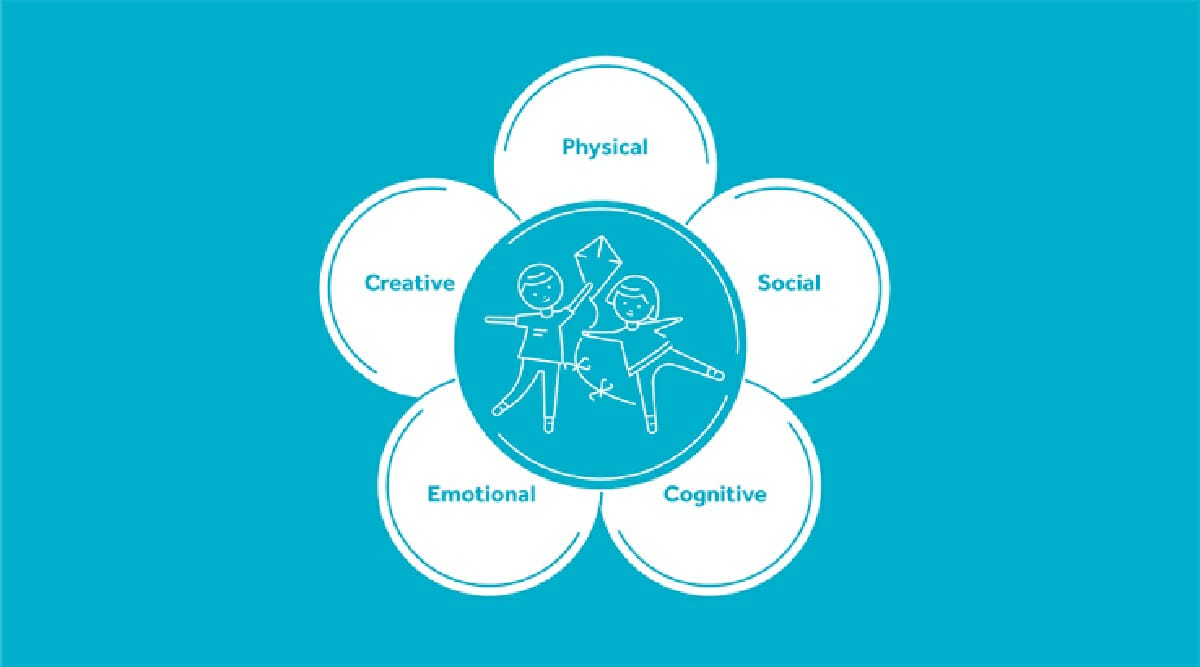
The National Council of Educational Research and Training (NCERT) have developed a curriculum framework based on which many good text books, charts and other teaching aids have been designed. The activities in environmental educational system vary from place to place as the environmental conditions and needs vary from place to place. The medium of imparting environmental education is not only through books but also through first hand experiences in field activities and eco-development camps etc. At this stage and beyond, inter-disciplinary approach must be adopted and so the emphasis must be on increasing the knowledge about environmental problems, conservation and sustainable development. The content at the primary stage must be easily accessible to the young minds and so the emphasis should be on building up the environmental awareness in the child.īy lower secondary level, the child is conscious about the physical, social and aesthetic aspects of environment. Formal environmental education should begin at the primary school level.Ĭurriculum should be constructed taking into account the class and age of the students. Non-formal education can cover programmes contributing to adult and youth literacy and education for out-of-school children, as well as programmes on life skills, work skills, and social or cultural development.The best approach in any awareness programme is to propagate through children and youth as they quickly take to new ideas and are the future activists. Non-formal education mostly leads to qualifications that are not recognized as formal qualifications by the relevant national educational authorities or to no qualifications at all. It caters for people of all ages, but does not necessarily apply a continuous pathway-structure it may be short in duration and/or low intensity, and it is typically provided in the form of short courses, workshops or seminars. It is often provided to guarantee the right of access to education for all. The defining characteristic of non-formal education is that it is an addition, alternative and/or a complement to formal education within the process of the lifelong learning of individuals. Non–formal education is any type of structured and organised learning which is intentional and planned by an educational provider, but which does not lead to formal qualifications recognised by the relevant national education authorities.Ī definition of non-formal education from UNESCOĮducation that is institutionalized, intentional and planned by an education provider.

Non-formal education and learning is characterised by a deliberate engagement of a person, in any organisation which provides purposeful education and training, even volunteering, civil service, private social service and in enterprises.

I t is without external support and is not institutionalised and occur s within the context of work, family and leisure.

Informal learning occurs whether or not there is a deliberate choice and is realised in the performance of activities in everyday situations and interactions that take place.
#Formal informal non formal education definition professional#
It is typically defined within an education spectrum that incorporates how it relates to formal education and Informal learning.įormal education encompasses primary, secondary, tertiary education, including vocational and university education that culminate in the achievement of a recognised certification, diploma, degree or professional qualification.

Non-Formal Education is problematic in how it is defined because it is not defined by what non-formal education is.


 0 kommentar(er)
0 kommentar(er)
